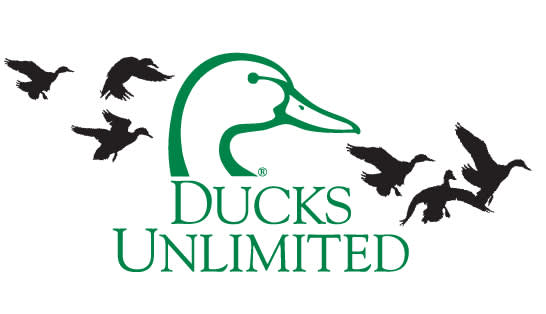Ducks Unlimited Invited to Speak at LCRA Board Meeting
Ducks Unlimited 06.18.12

Ducks Unlimited was invited by the Lower Colorado River Authority (LCRA) to their June 19 board meeting to discuss waterfowl habitat impacts from this year’s rice water curtailment and ways to collaboratively provide waterfowl habitat in the future. LCRA denied agricultural water uses this year, essentially eliminating approximately 50,000 acres of rice agriculture—vital habitat for wintering waterfowl—from the Texas Mid-Coast.
“DU appreciates the opportunity to discuss the importance of rice agriculture to waterfowl,” said DU Manager of Conservation Programs Todd Merendino. “Nearly two million wintering waterfowl and millions of other migratory birds and wildlife depend heavily on the managed wetlands associated with rice agriculture in the Texas Mid-Coast region for habitat and food resources. Yet, nowhere in the existing LCRA operating plan is wildlife or waterfowl even mentioned, much less considered a stakeholder in water allocation decisions. Given the importance of the Texas Mid-Coast to waterfowl, and the related economic impacts of hunting and other wildlife-associated recreation in the area, this absence is very disappointing.”
The abundant wildlife supported in part by flooded rice agriculture habitat produces significant local and regional economic benefits by bringing in hunters, anglers and birdwatchers who spend money on equipment, lodging and food. According to aU.S. Fish and Wildlife Service report, Texas leads the nation with the most hunters and anglers (2.6 million), the most money spent by sportsmen and women ($6.6 billion), the most jobs supported (106,000) and the highest tax revenue generated ($1.3 billion) each year by outdoor recreation in any state.
According to a Texas AgriLife economic impact analysis, on average, rice agriculture contributes $374.3 million and more than 3,300 jobs annually in Colorado, Wharton and Matagorda counties alone. Those numbers don’t include rice farming’s substantial contributions to the revenue and jobs generated from waterfowl hunting and other outdoor recreation in the state. Waterfowl hunting alone contributes $204 million to the Texas economy each year.
In 20 years of delivering private lands conservation along the coast through the Texas Prairie Wetlands Project, Ducks Unlimited and its partners have conserved more than 60,000 acres. The estimated rice acreage not planted due to the LCRA decision to withhold water this year in all but the Garwood district is 50,000 acres.
“In one year, with one decision, we have lost nearly the equivalent of 20 years of waterfowl habitat conservation accomplishments along the Texas Gulf Coast,” Merendino said. “Clearly these decisions have tremendous and lasting impacts on waterfowl and other wildlife that must be considered.”
DU appreciates the LCRA reaching out in an attempt to understand water allocation impacts on waterfowl and supports the LCRA’s efforts to look for long-term solutions, including developing and discovering additional storage capacity in the Texas Mid-Coast.

